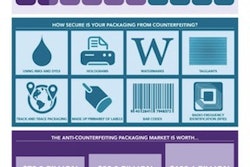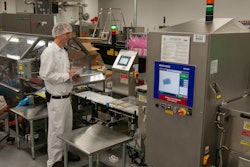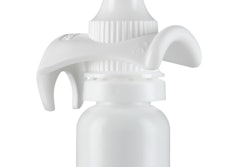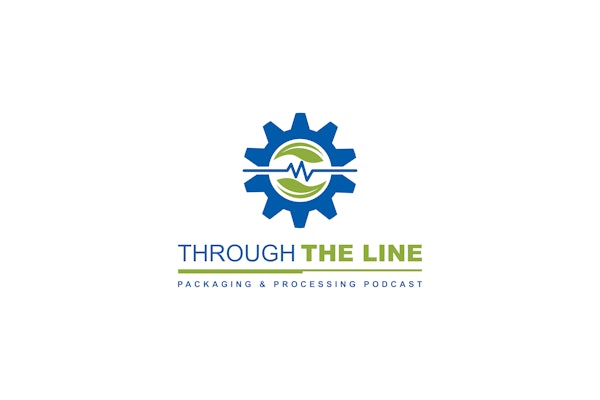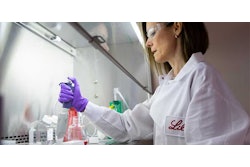
New regulations for medical devices in Europe have manufacturers, consultants, and industry groups a bit on edge.
In many cases speakers on the topic at Pharmapack Europe, said they welcomed the new regulations, but the problem was knowing exactly what those new regulations are actually going to be, and exactly when they are going to be put into effect.
"The revision of medical device directives are going to create periods of upheaval and new constraints, but it can also bring real opportunities to companies," said Joel Guillou, Consultant Regulatory Affairs and Market Access and Director, International Society for Pharmaceutical Engineering France.
Major changes will include, among other things, unannounced audits, new rules for clinical evidence, post-market clinical follow-up and most importantly, according to him, unique device identification.
As a result, "innovation will become more important," he explained.
However, when to start that innovation became a topic of debate. Although legislation has been proposed, several speakers hinted that it has become somewhat of a political football in Europe, and as a result, it's putting manufacturers in a difficult position.
"The directives were written 20 years ago, and has allowed the industry to develop well, however, it's clear modifications were needed," explained Dario Pirovano. "But, we are still not very clear about what those regulations will be in some areas. When will be have text from [governing bodies]? Some say Q3 of 2015, but I say no way. Maybe by end of 2015?"
But, it's not so simple, as Fabian Roy, Partner at Hogan Lovells International LLP, explained.
"There is also going to need to be a transition period [once the regulations are implemented]," he said. "The original text said that would be three years, but currently the text has 52 clauses on the implementation. There are still a lot of issues."
He estimates it could be more like five years, and that is still from whenever the new guidelines will go into effect.
As a result of all the uncertainty, medical device manufacturers are left in a bit of a predicament, and are asking themselves, "Do we keep pushing innovation? Do we launch new products? Do we plan for what we think those directives will be?"
Pirovano suggests manufactures hold tight, and not make any changes, however, Roy explained that is not always practical.
"A lot of companies want to know if they should launch," he said. "But when you explain to investors that legislation will change dramatically over the next three years, that doesn't go over too well."
As sort of a middle ground between the two views, Gert Bos, Head of Regulatory and Clinical Affairs, BSI, suggests to just, "do it now."
"[With the new regulations] you will need to have more well-documented clinical data, so start doing it now," he said. "It will be costly and timely, but it is the only way to survive the market."



